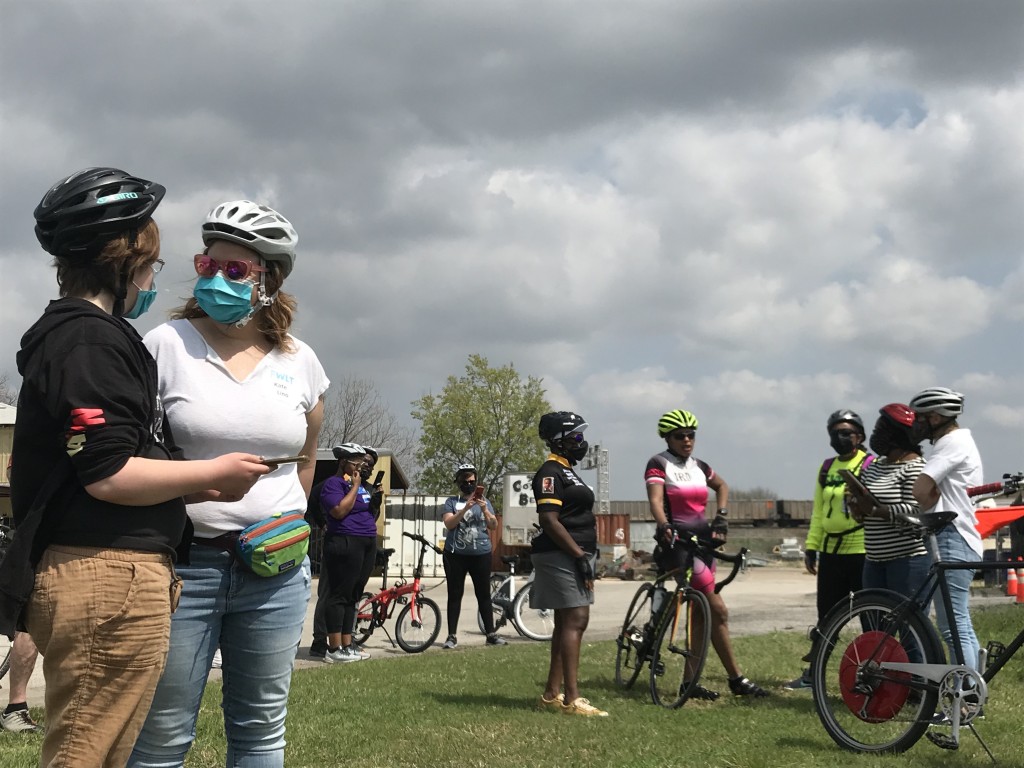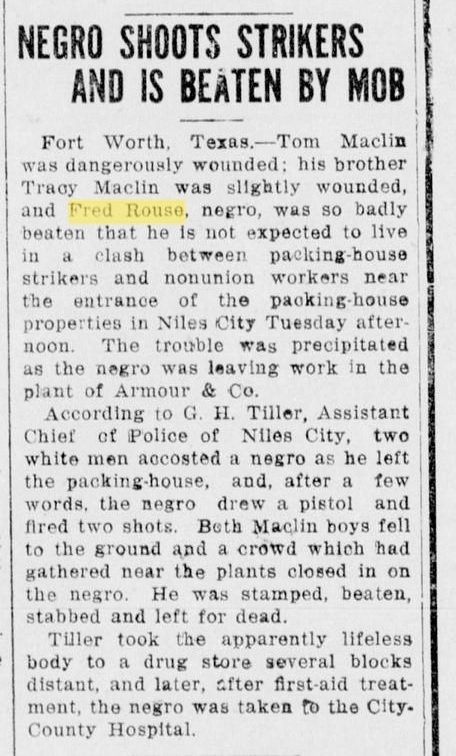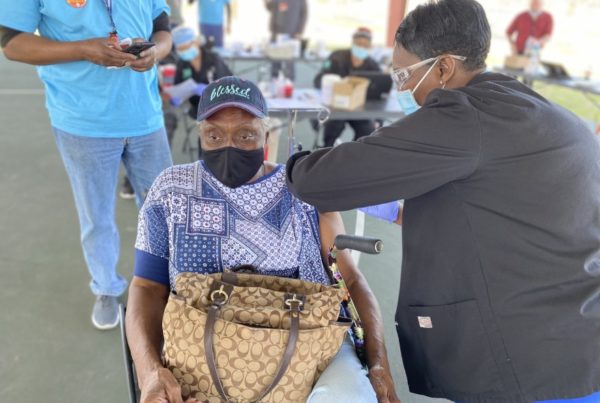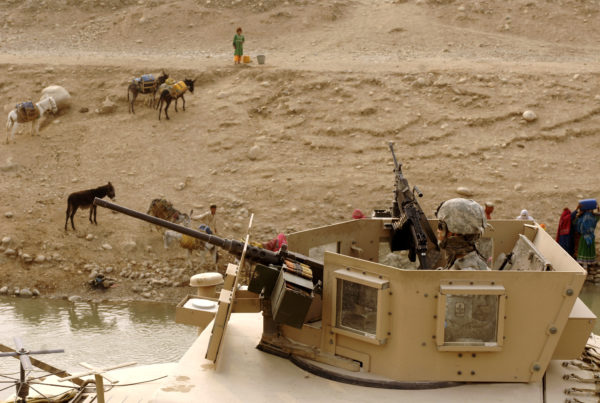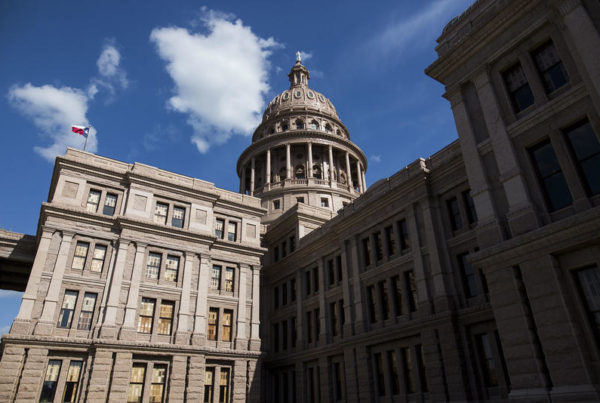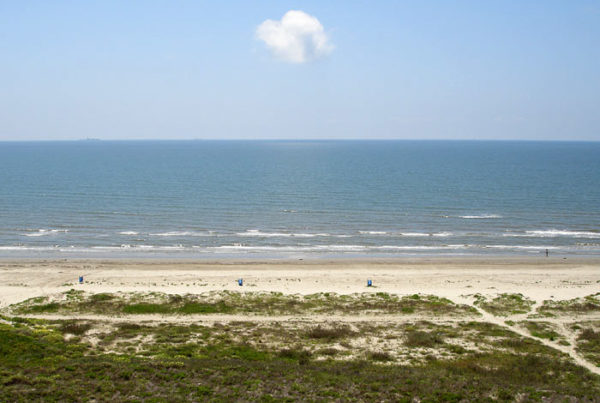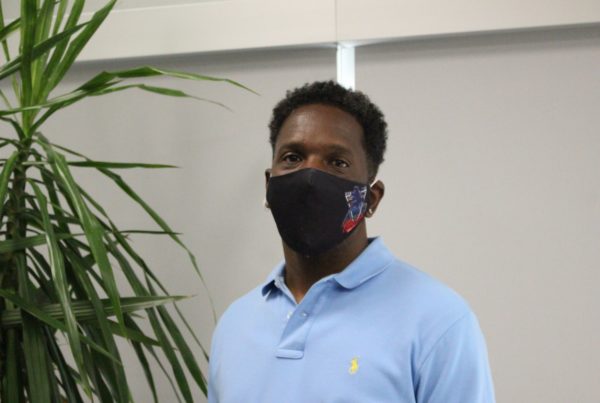The tour begins in a parking lot near the Stockyards.
On a sunny Saturday afternoon in March, about 20 people gathered around Adam W. McKinney, co-founder and co-director of the arts organization DNAWORKS.
McKinney opened with a question.
“Has anyone heard of Mr. Fred Rouse before this tour?” he asked.
Not many people raised their hands. That’s not surprising, because Rouse’s history is not well known.
“I think that that’s by design,” McKinney said. “That there’s a reason why we don’t know this history. And as artists, we feel it’s important to share this history.”


